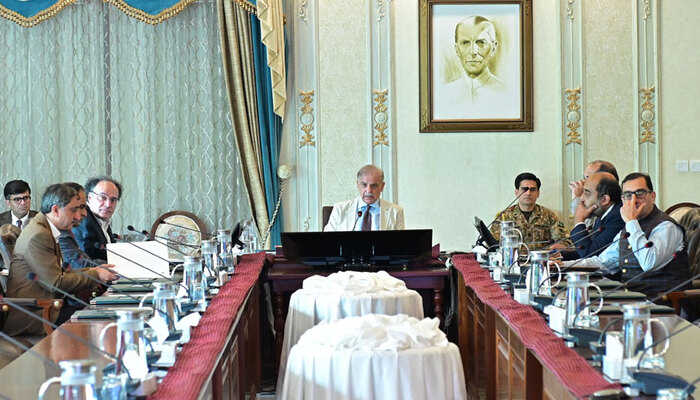
Prime Minister Shehbaz Sharif has approved a major overhaul of the Federal Board of Revenue (FBR) by establishing a FBR digital ecosystem. This move aims to modernize Pakistan’s tax system, bring transparency to financial transactions, and tackle the country’s vast informal economy. The decision came during a high-level meeting in Islamabad where the prime minister reviewed ongoing FBR reforms.
Call for Global Expertise
To implement this vision, the prime minister instructed officials to engage globally recognized experts. He emphasized that Pakistan must build a world-class system that aligns with international standards. According to him, only such an approach can ensure efficiency, transparency, and effective monitoring across all sectors of the economy.
He directed FBR to not just digitize data but integrate it from every step in the value chain. This includes tracking raw material imports, domestic production, product manufacturing, and finally, consumer purchases—all in a centralized and secure digital platform.
Read: US-Pakistan Relations Warm as Dar Meets Secretary Rubio
Tracking the Value Chain
Shehbaz Sharif stressed that the new system must allow real-time digital monitoring of the entire value chain. This level of oversight, he said, would play a crucial role in plugging revenue leaks, identifying tax evasion, and increasing overall tax compliance.
He added that with advanced data integration, the government will be in a much better position to make informed economic and fiscal decisions. The system would help analyze patterns in production, consumption, and tax behavior, providing a clear picture of national economic activity.
Strategic Decision-Making through Data
The prime minister placed strong emphasis on using centralized data for strategic policymaking. He said that accurate and comprehensive data would not only support fair tax policies but also guide decisions on subsidies, investments, and industrial development.
According to him, a transparent and data-driven model will build trust among taxpayers and encourage more businesses to come under the tax net voluntarily. He noted that digital tools could help identify sectors that remain outside formal regulation and bring them into the fold efficiently.
Widening the Tax Net
A key goal of the digital transformation, the prime minister said, is to expand the country’s tax base. Pakistan has long struggled with a narrow tax net, where a small segment of the population shoulders the majority of the burden. Shehbaz Sharif noted that by digitizing the FBR and eliminating loopholes, the government could reduce the tax burden on ordinary citizens.
He reaffirmed that broadening the tax base and curbing informal cash transactions is the only sustainable path toward economic stability. “We cannot rely on the same taxpayers forever. We must find and include those who avoid taxes through undocumented business activities,” he said.
Focus on Transparency and Accountability
The new digital system will also enhance transparency in government dealings with businesses and taxpayers. By minimizing human involvement in routine assessments and audits, the risk of corruption and manipulation can be significantly reduced. The system will generate automated reports, making it easier for the public and authorities to assess tax performance and compliance levels.
Shehbaz Sharif made it clear that accountability and transparency will be the guiding principles behind the FBR reforms. He urged FBR officials to ensure that the digital platform is easy to use, secure, and regularly updated in line with changing market practices and global standards.
A Step Toward Economic Reform
The prime minister’s approval marks a significant step in Pakistan’s economic reform journey. By building a digital ecosystem in the FBR, the government hopes to create a tax culture based on fairness, data accuracy, and modern tools. This, in turn, could boost revenue, reduce dependency on foreign loans, and make room for greater public investment in health, education, and infrastructure.
As Pakistan pushes for reforms, the success of this initiative will depend on effective implementation, inter-agency cooperation, and consistent political will. If executed well, the FBR digital ecosystem could become a cornerstone of sustainable economic development in the years ahead.
